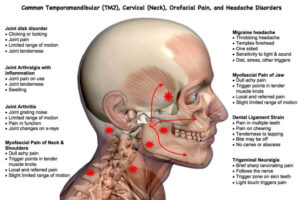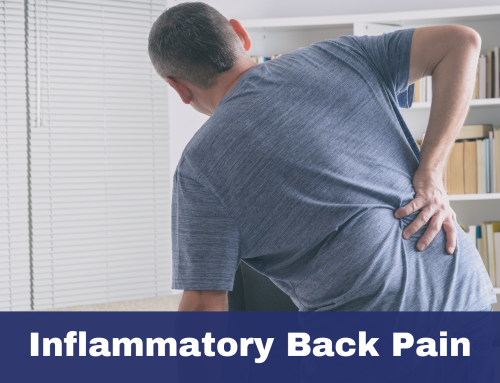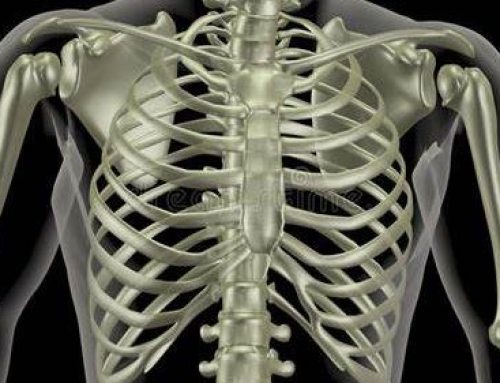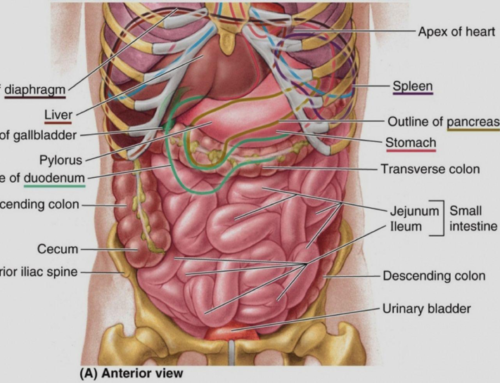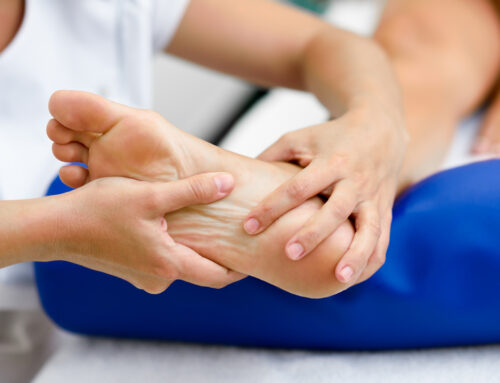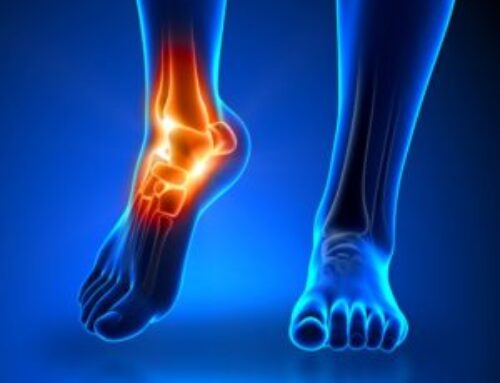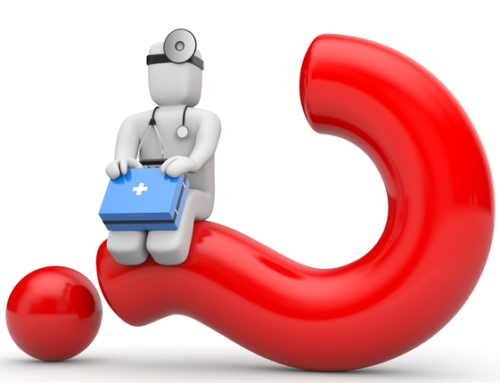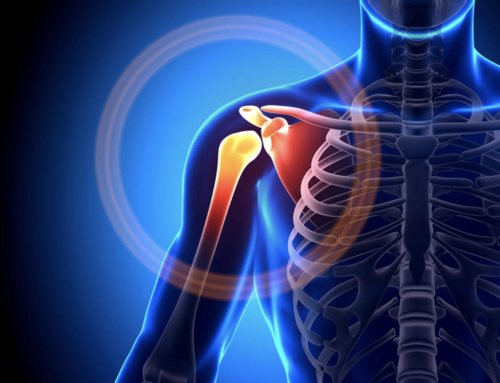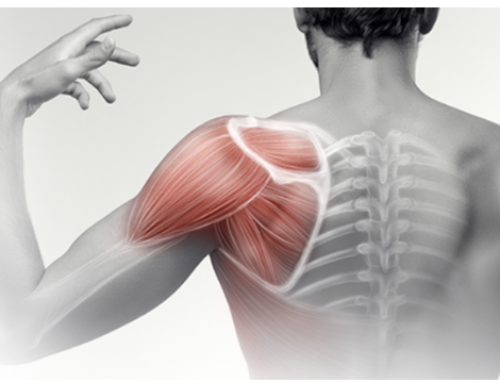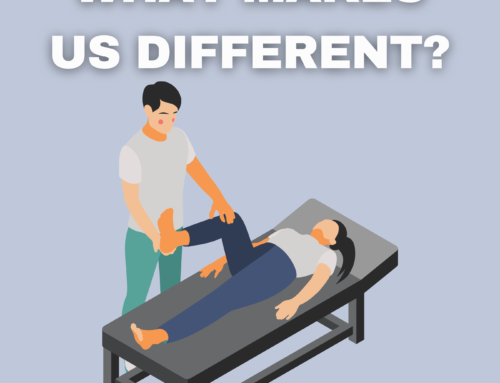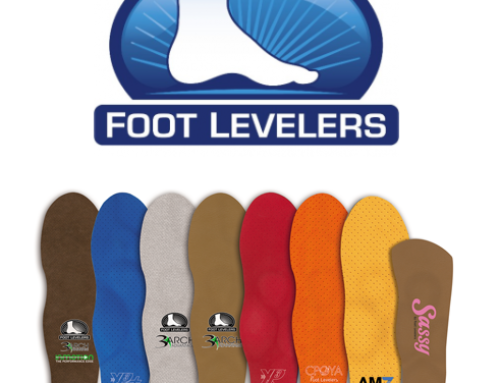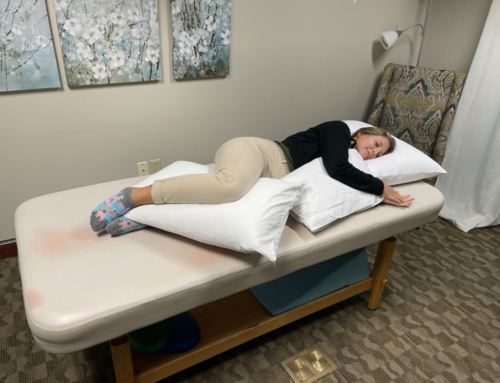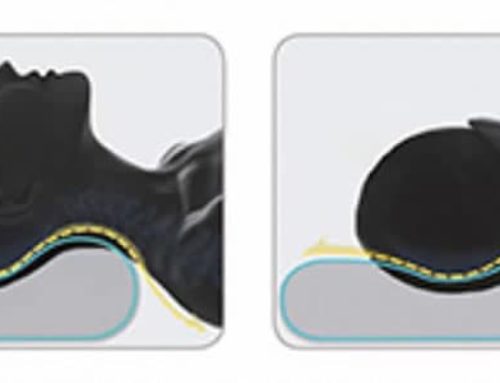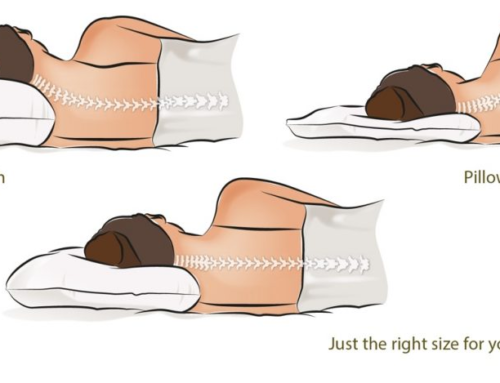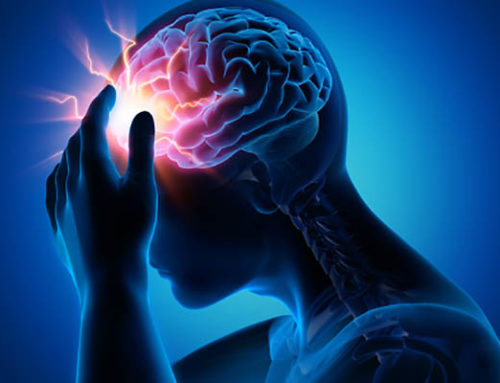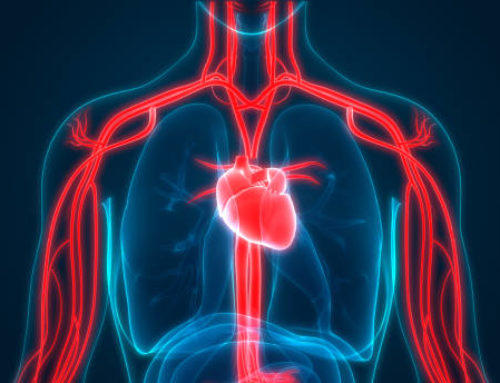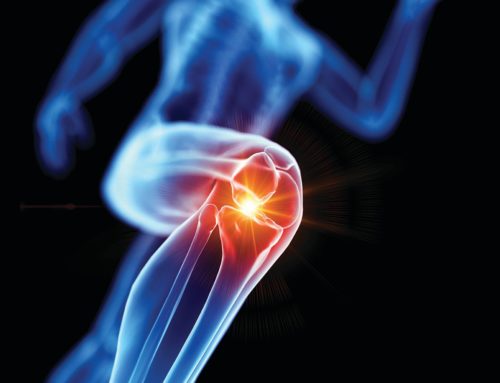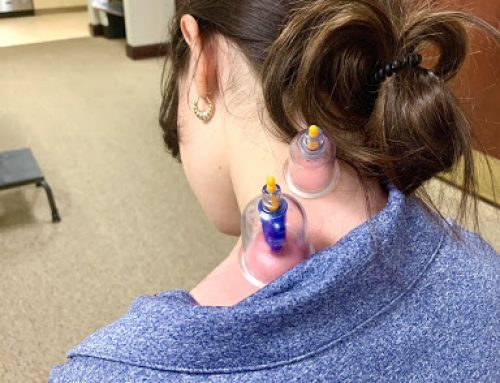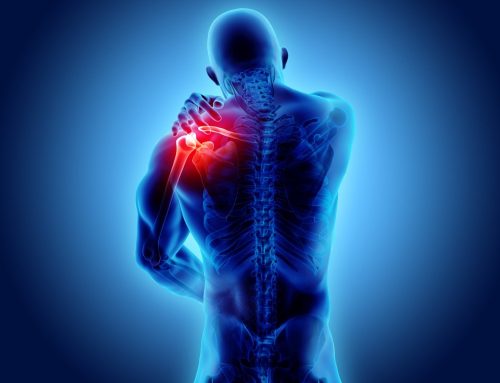The temporomandibular joint, or TMJ for short, is the hinge joint that connects your jaw to your skull. When you open and close your mouth, the joint should roll and slide with the help of a disk that is located within the joint. The Jaw also has several muscles that allow the joints to move up and down, side to side, and forward and back. TMJ dysfunction occurs when the ball and socket don’t work as they should, there is a misalignment or damage to the disk, or the muscles become tight, decreasing normal joint motion. This includes any condition that causes pain or limits the motion of the jaw.
Injuries to the jaw, dental procedures, autoimmune disorders, and arthritis are some of the potential causes of TMJ issues.
Common symptoms include
- Radiating pain in the neck, jaw, and face
- Chewing and eating pain
- Painful clicking or popping
- A change in the way your upper and lower teeth fit together
- Neck pain
- Jaw muscle stiffness
- Headaches
People who have jaw pain may have difficulty opening or moving the jaw, grinding the teeth at night, hear clicking and popping with jaw motion, and may have the jaw “lock.” Other symptoms related to jaw pain include ringing in the ears, vision problems, and dizziness.
If you have trouble chewing, have soreness in your jaw, or have popping, clicking or other examples listed above, schedule a free Discovery Session with us.
We have a specialized hands-on approach to treating your symptoms safely and you are always in control. We are unlike any other clinic because you get more one-on-one time with your therapist, and if you have questions, you can schedule a free consultation with a therapist (Discovery Session) to get all your questions answered before you commit to anything. Give us a call today!


